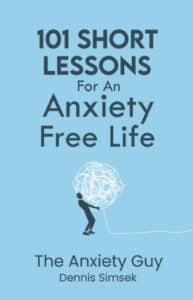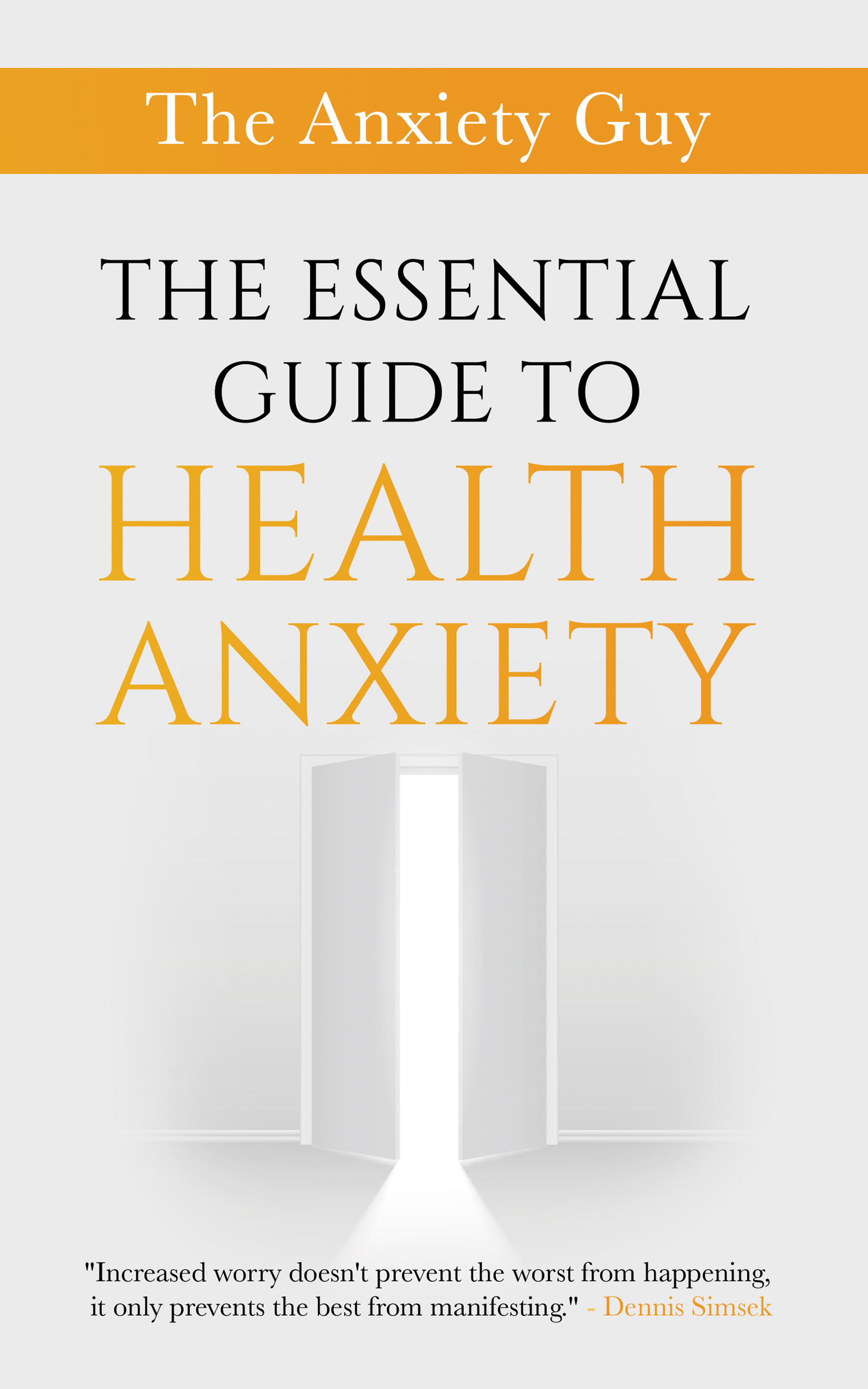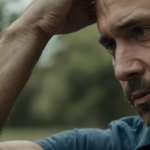“We Rise By Lifting Others.”
Anxiety may cause a person to feel completely weighed down under the burden of the condition, especially if it is health anxiety or social anxiety. Hence, helping someone with can be difficult and intimidating, especially if the person is a friend.
Sufferers who are not able to understand what they are feeling, or going through, may not be able to provide a clear answer about their anxiousness, triggers, etc. But if you wish to help without sugar coating the problem, then you have to start somewhere.
Below are 3 ways to help a friend with anxiety:
1. Learn about how anxiety manifests, how it survives, and how to help deal with it
You can only help a friend with anxiety deal with his/her without sugarcoating the problem if you are aware of what the issues are. You can start by educating yourself about the different kinds of anxiety, the mechanism, triggers, and anxiety-based behaviors and emotions, etc.
You may not be able to understand everything at one go and the process will be time consuming. So prepare yourself to take it one step at a time, and try to help a friend with anxiety understand that setbacks along the journey are inevitable, and patience must be practiced. Spot the signs and commence with correcting the triggers that evoke mild. You can then work your way up.
There are many physical activities and exercises that can help alleviate. You can do them with your friend and it can be beneficial for you as well. Begin with breathing techniques, yoga, meditation, walking, and/or jogging. All of these promote the parasympathetic nervous system which is connected to resting and digesting, and limits the amount of fight or flight response activity.
2. Help a friend with anxiety find a mentor/coach/practitioner
You need to help your friend understand the need for a CBT or NLP based method for anxiety, and how it can help change his/her life. The message about the benefits of Cognitive Behavioral Therapy needs to be addressed without sugarcoating the problem.
Cognitive Behavioral Therapy is a really great option which has helped many people overcome their anxiety. Neuro Linguistic Programming is also an excellent method to begin changing the subconscious programming an sufferer is under. If your friend is anxious about trying these methods, then you may accompany him/her during the sessions.
This way you will not only be by the side of your friend, but also get in-depth knowledge about your friend’s anxieties and the different aspects of the mental and emotional challenges.
Work with both your friend and the practitioner to find a balanced solution to the issues. For example, if your friend wants to avoid talking about certain topics, then work together with the practitioner to plan a strategy and ease your friend into it. You can also encourage your friend to directly engage with the practitioner for faster results.
3. Help a friend with anxiety get rid of safety behaviors
Anxious people often tend to avoid doing certain things out of fear or gloomy outlooks towards that specific situation. Sufferers may avoid making requests, or phone calls, or beginning a task, etc. It is important for your friend to eliminate such safety and avoidance behaviors as you play a vital role in helping him/her confront the ‘bad’ scenarios. Understand the reasons behind these behaviors, talk to your friend about the invalidity of their fears, and then chalk up a plan that suits your friend.
Safety behaviors can be any one of these:
- Wearing sunglasses when unneeded
- Sitting at the back of a room where the exit sign is just in case
- Turning to the phone during more trying times
These are just a few safety behaviors that have a positive intent behind them. The brains interpretation of an immediate threat, and an action that helps avoid that threat so the levels don’t keep rising. The problem with this is that the amygdala, which is the part of your brain that releases the fight or flight response, can only be re-trained, and create new associations when it is in anxiety provoking situations.
These 3 powerful ways to help a friend with anxiety will begin showing the sufferer that there are more options as far as thinking and behaving goes during anxious moments. While a belief in recovery isn’t necessary in the beginning stages of anxiety recovery, relentlessness is important. So stay consistent, guide them, until they can once and for all guide themselves.
Join Me And The #1 Anxiety Support Tribe On Facebook Today.




















Great post about anxiety help
Grateful Alan hope it helped.